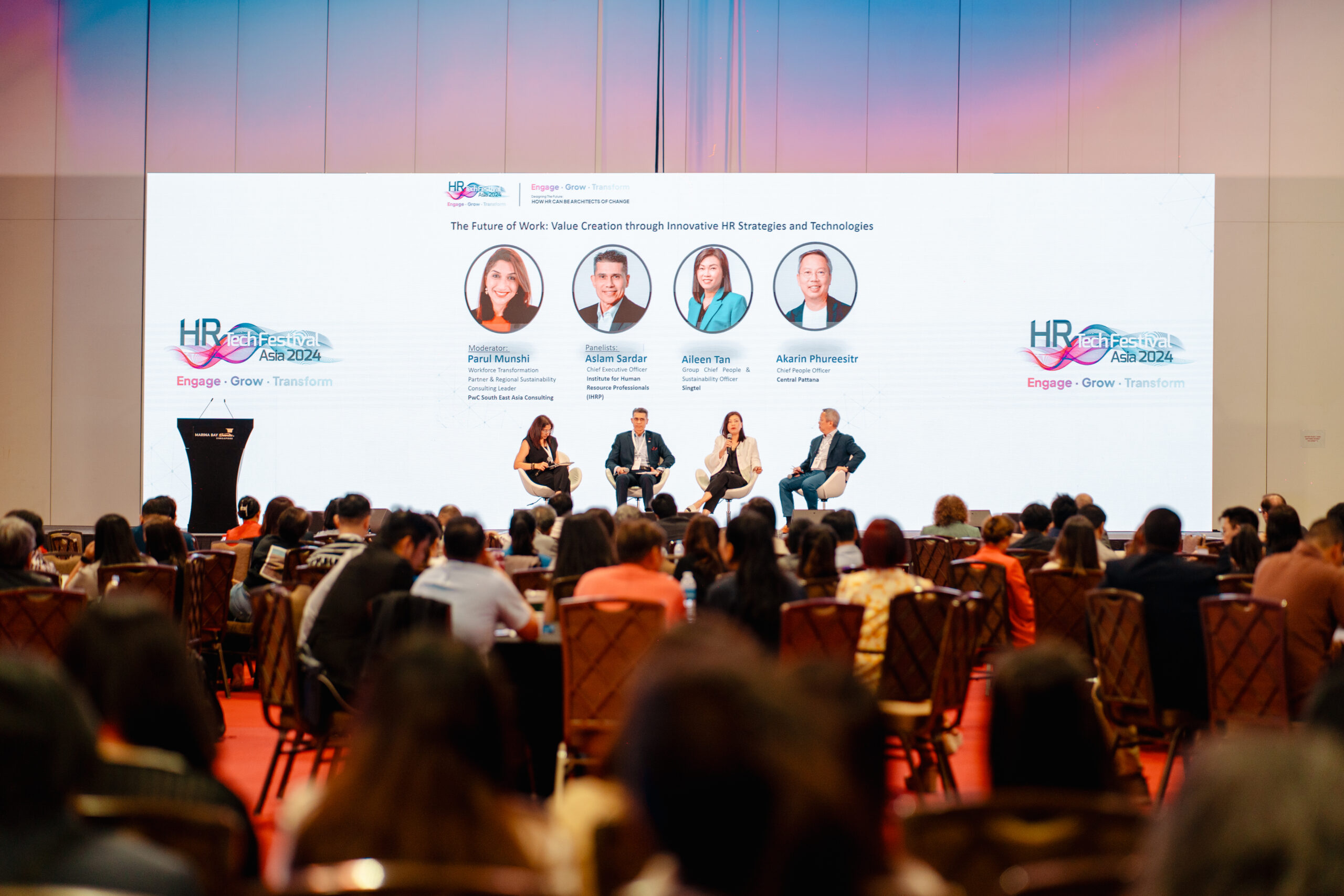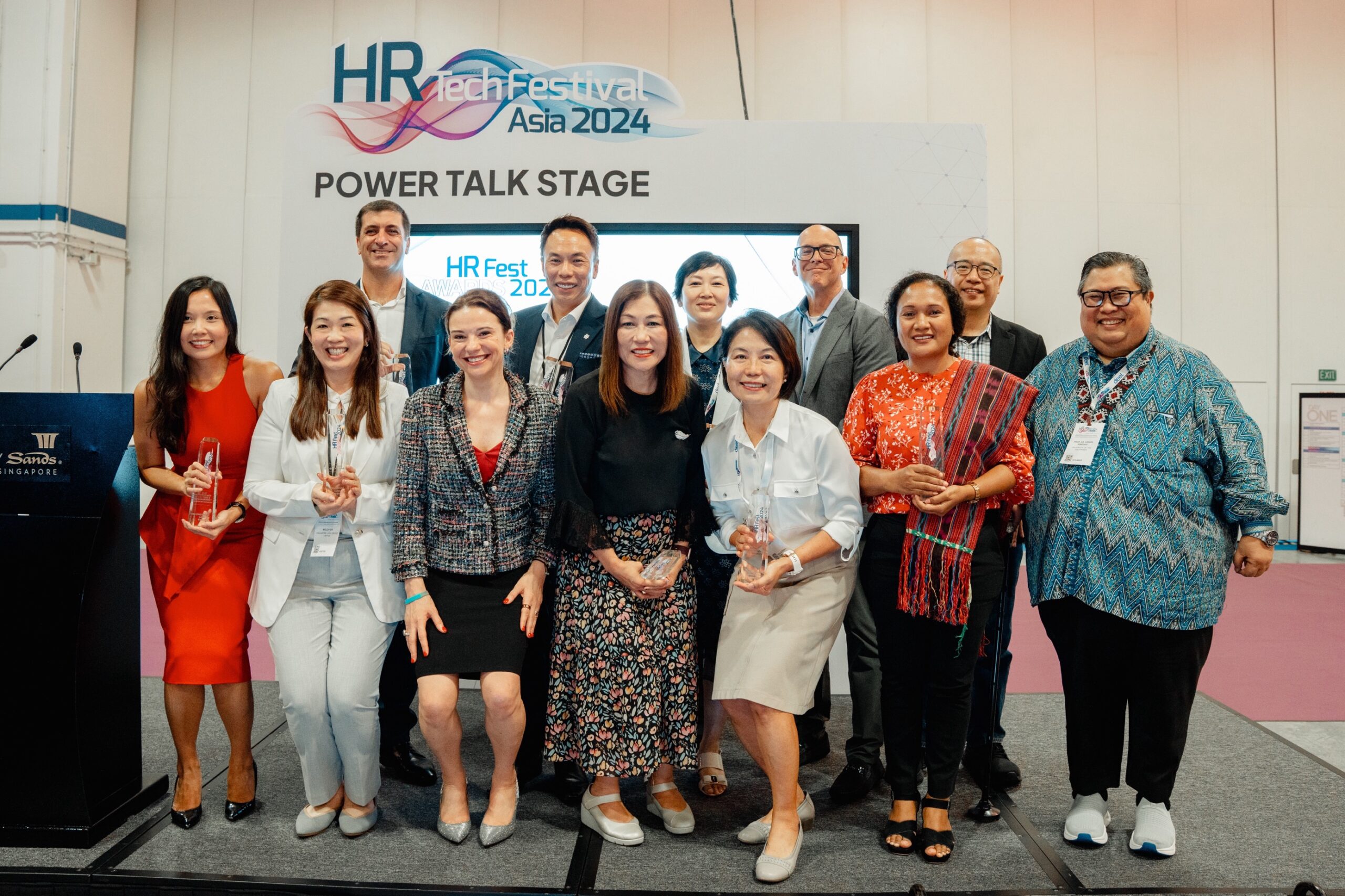Some employees in Japan reluctant to take leave even after encouragement

Gen Z employees in Japan are unwilling to use up their annual paid leave, with less than 19% of employees reporting doing so despite the Japanese government trying to push more employees to do so.
This was a key finding from a recent survey conducted by Tokyo-based human resources company Staff Service, which showed that Gen Z employees (aged 18 and 27 years old) were unwilling to consume their leave, with the figure falling to 18% for millennials (28-42) years old. The number falls even lower for Gen X (43-52), at 16%.
Employees aged 53 to 62, the demographic most likely to use up all their paid holidays, peaked at 22.6 %. Overall, 17% of employees across all age groups reported taking no annual paid leave, while 57% of employees took around half of their entitled annual leave days.
The survey also showed that nearly half of the respondents (43.7 %) admitted to feeling “uncomfortable” when they requested time off.
Some of this discomfort can be attributed to the Japanese tradition of working together and helping during planting and harvesting, with people helping each other within their villages, and deeming people lazy and selfish if they did not help out. This attitude to work customs, is reportedly continuing in many organisations, where employees are less likely to take full advantage of their leave because they are uncomfortable with their colleagues covering for them while they were away on break.
READ MORE: Rehiring former employees gaining momentum in Japan
The consequence of this devotion to the workplace has manifested in the Japanese phenomenon of death by overwork called karoshi, which has been an issue that the Japanese government has been trying to resolve, including plans to impose overtime caps at 45 hours per month and a limit of 100 hours during peak periods of work, reported the South China Morning Post.



